Robert Johnson, founder of RLJ Companies and BET, tells CNBC’s “Squawk Box” America must make reparations for slavery in order to address racial inequality. Robert Johnson, founder of Black Entertainment…
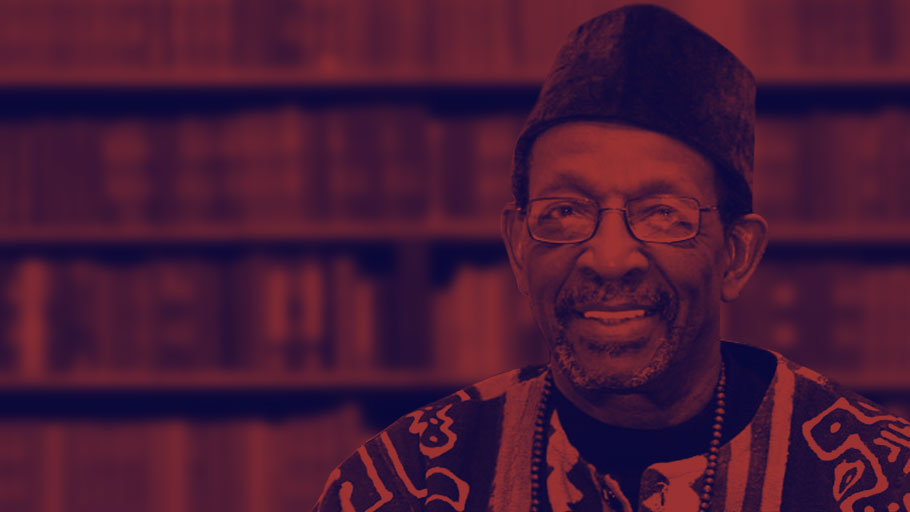
Vantage Point Articles & Essays by Dr. Ron Daniels — When will it stop? The police killing of Michael Brown, an unarmed teenager in the streets of Ferguson, Missouri, coming on the heals of the killing of Eric Garner, an unarmed Black man by a policeman’s choke hold in Staten Island, New York, is yet another painful, traumatic reminder of the long history of occupation, torture, abuse and killing of Black people in America, particularly Black men.
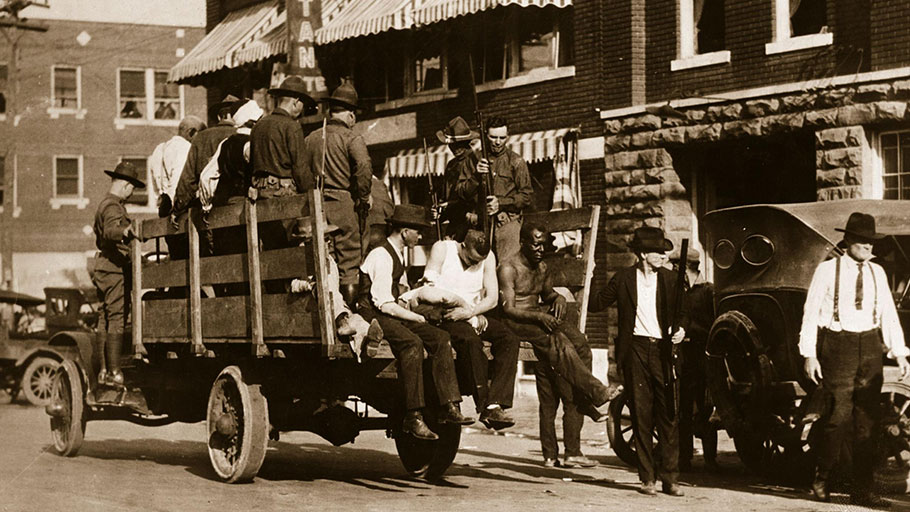
Demand for justice grows nearly 100 years after racist mob destroyed a black neighbourhood with impunity. By Alex Woodward, Independent — On 31 May, 1921, white mobs staged a two-day massacre of a thriving black town in Oklahoma, mounting one of the bloodiest episodes of racist violence in US history. After a black man in Tulsa was accused of assaulting a white woman, an armed mob supported by law enforcement and city officials…
Vantage Point Radio June 1, 2020 — On this pledge drive edition of Vantage Point, host Dr. Ron Daniels aka The Professor talks with guests Mayor Ras J. Baraka and…
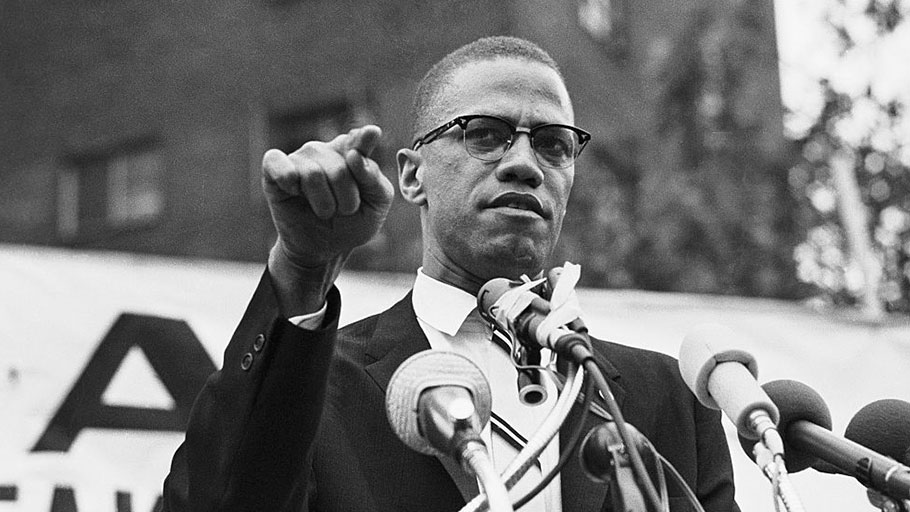
By Dr. Maulana Karenga — Our annual reflective and resistance-focused celebration of the birth and life of Min. Malcolm X, May 19th and African Liberation Day, May 25th, finds us…
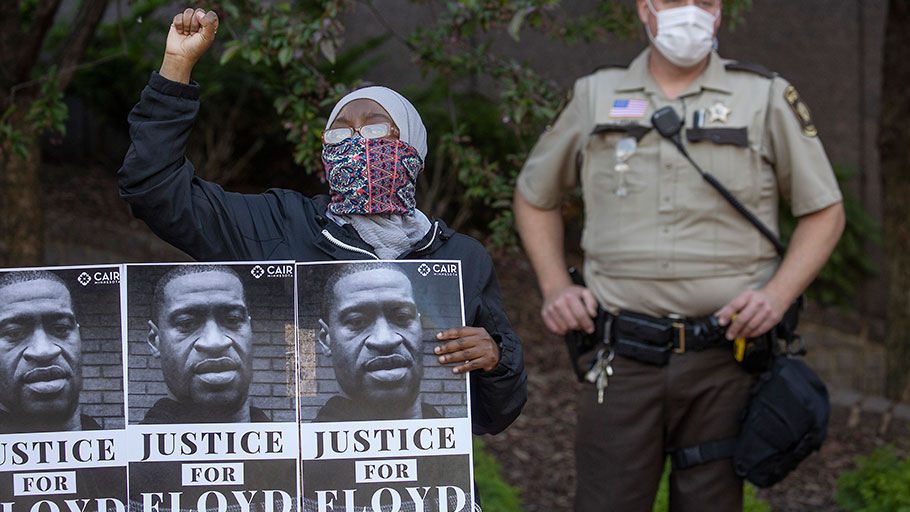
By Peniel E. Joseph, The Washington Post — The police killing of George Floyd in Minneapolis and the subsequent protests, which featured law enforcement tear-gassing demonstrators, highlight the urgent need to transform America’s criminal justice system. Floyd, 46, managed to outrun the coronavirus pandemic that has taken too many black lives, only to be ensnared by that quintessentially American and dangerously malignant virus of white supremacy. In a video capture eerily reminiscent…
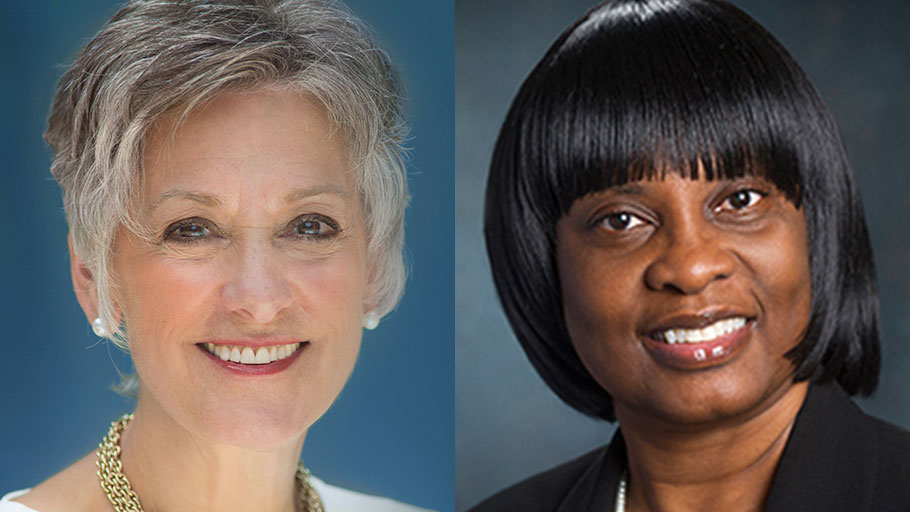
By Allyson Y. Schwartz and Martha A. Dawson — News about the novel coronavirus, which has now claimed over 90,000 American lives, is all around us. A subtext told in this reporting is the painful story of the pandemic’s devastating effect on people of color. While coronavirus does not know boundaries of race, income, or ethnicity, its disproportionate impact on minority communities is unmistakable and points to a deeper crisis of racial…
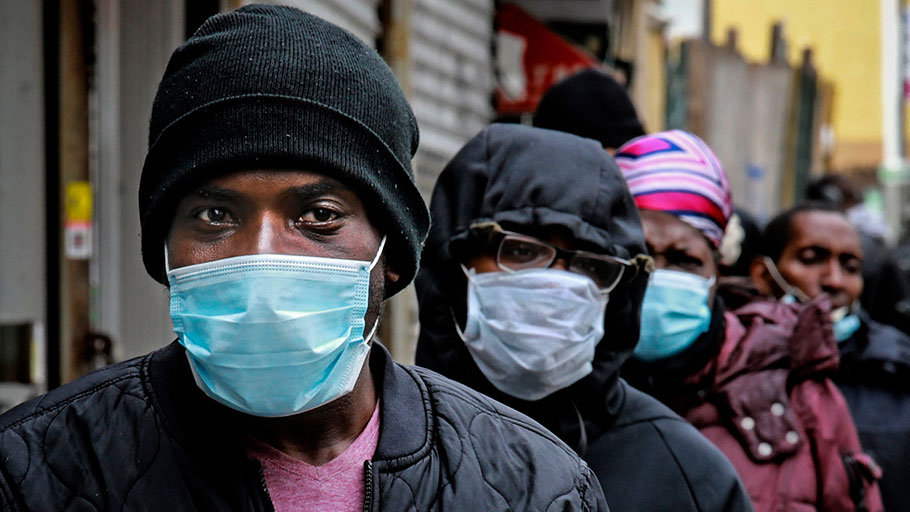
We know why Covid-19 is killing so many black people. By Sabrina Strings, NYT — About five years ago, I was invited to sit in on a meeting about health…
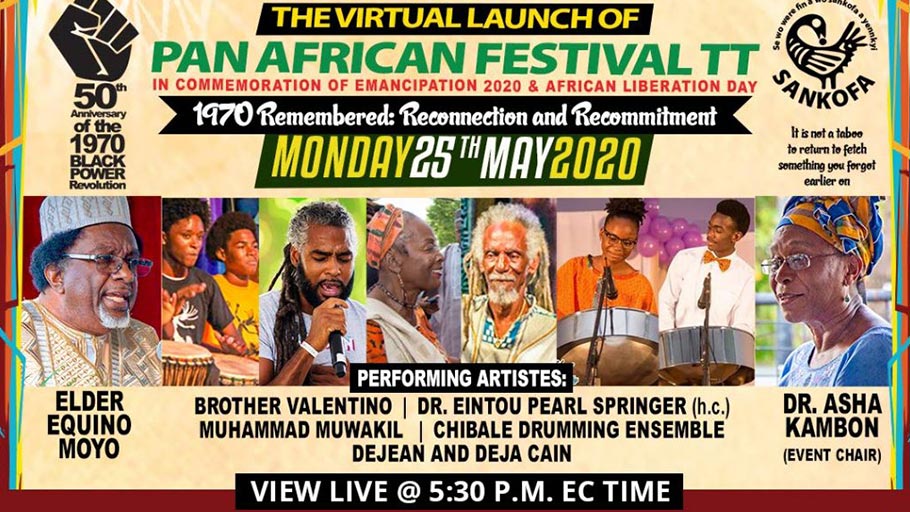
Happy Africa Day! In commemoration of African Liberation Day, check the live broadcast of the Virtual Launch of the Pan African Festival TT this evening, May 25th, @ 5:30 p.m….
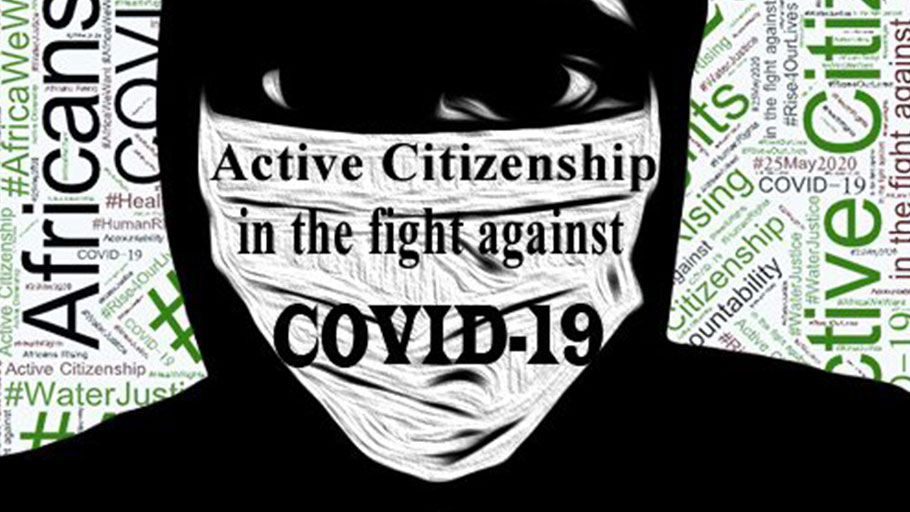
By Africans Rising — African Liberation Day, May 25, is Monday and we are ready to engage you all in our May 25 mobilization “Active Citizenship in the Fight Against…
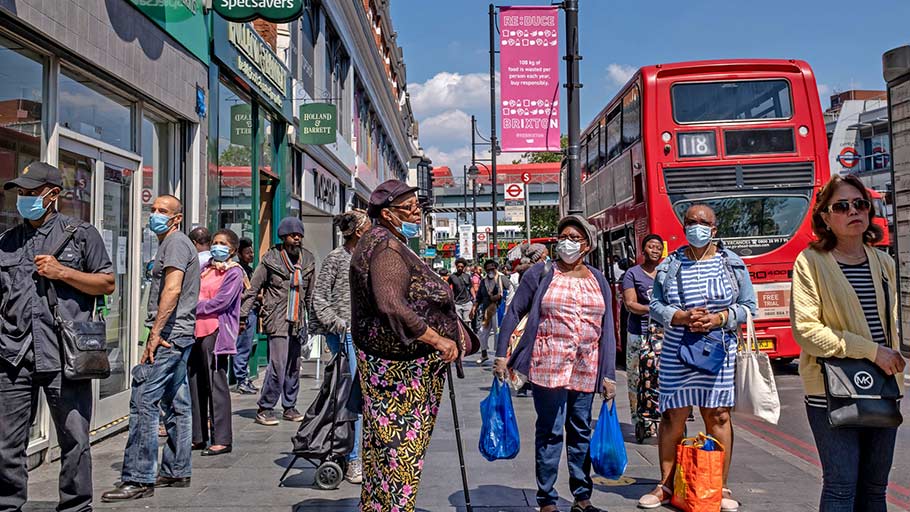
The government could have predicted, and perhaps prevented, many deaths. It did not. By Sonia Faleiro, NYT — In early April, Maruthalingam Thiyakumar, a 58-year-old employee of the corner shop in my neighborhood in South London, died from the coronavirus. While some of my neighbors and I were able to follow Prime Minister Boris Johnson’s injunction to “stay at home” and “save lives,” Mr. Thiyakumar continued to provide toilet paper and tea…
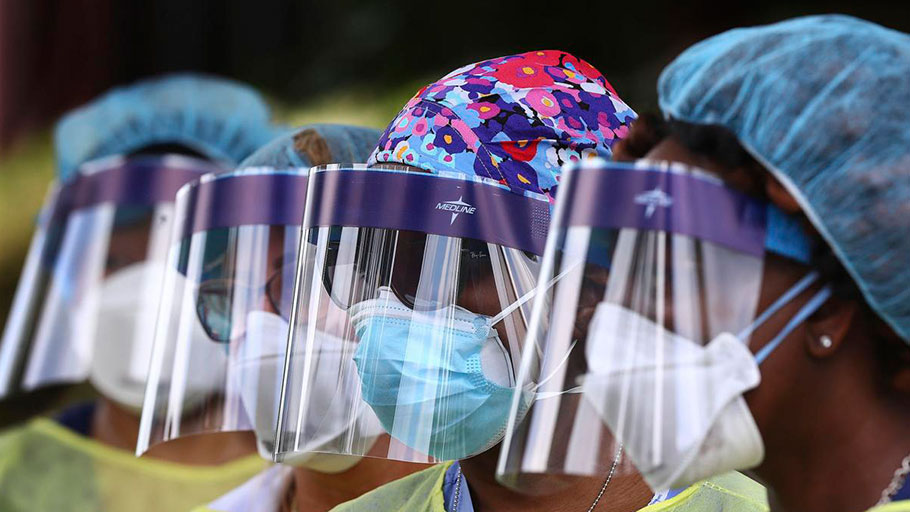
By Jay Reeves, AP News — Many African Americans watching protests calling for easing restrictions meant to slow the spread of the new coronavirus see them as one more example of how their health, their safety and their rights just don’t seem to matter. To many, it seems that the people protesting — who have been predominantly white — are agitating for reopening because they won’t be the ones to suffer the consequences.














